Table of Contents
Introduction
The fifth article in the ‘The Era of the Rightly Guided Caliphs‘ series explores the distinction between the Islamic system, which prioritizes moral values and societal well-being, and the secular system, which primarily seeks state stability without considering ethical principles. Click here to read the full series.
The Contrast Between the Islamic Moral System and Secular Governance
Today, we delve into the social and moral framework of Islamic civilization, highlighting the contrasts between Islam, secularism, and contemporary Western systems. To begin, it is essential to recognize that a state’s doctrine shapes its systems and behaviors. In a secular state, the doctrine is the state itself, serving as the ultimate authority. The primary objective is to safeguard the state’s stability, which dictates that its laws, economy, education, and culture revolve around reinforcing national identity. Symbols like the flag, constitution, borders, and state institutions such as the national army and police are elevated as central pillars of this doctrine.
Why is this the case? In secular systems, the state embodies the doctrine of authority. Consequently, it remains indifferent to personal moral or religious conduct, such as whether a person prays, drinks alcohol, or engages in adultery. Individuals are free to change their faith or adopt no faith at all without repercussions, as long as these choices do not interfere with the state’s system.
Consider the example of alcohol consumption. Secular authorities often permit its use but may impose restrictions, such as for drivers. The reasoning behind this is not rooted in concern for individuals’ moral or spiritual well-being but rather in preventing harm to state stability, such as road accidents.
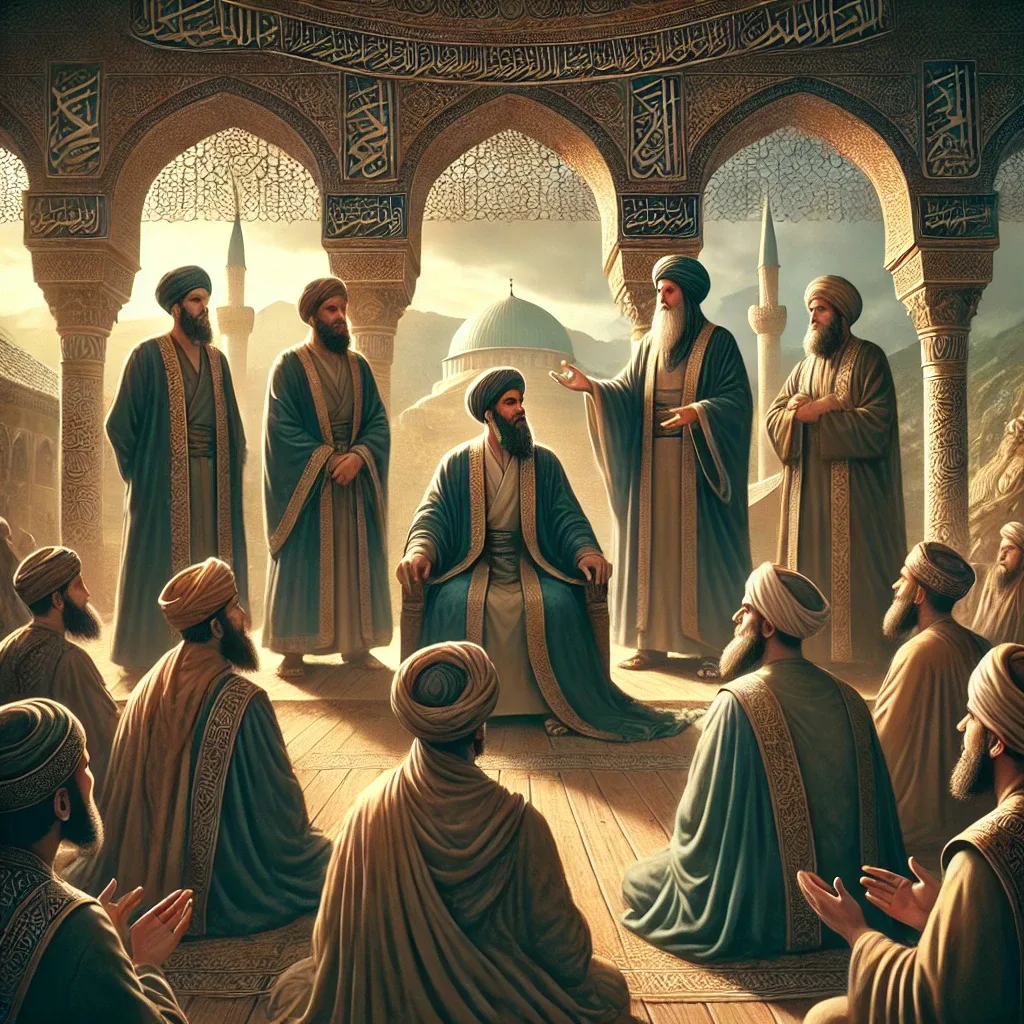
Similarly, with regard to adultery, the secular state views it through an economic lens. Activities that involve immoral behavior, including managing establishments linked to such acts, are often regulated and taxed. As long as these generate revenue for the state, they are permitted and even protected by law. The focus remains on maintaining economic contribution rather than addressing the moral, physical, or spiritual consequences of these actions.
In stark contrast, the Islamic moral system places morality and societal purity at the heart of governance. When Abu Bakr (may ALLAH be pleased with him) delivered his first sermon as caliph, he declared: “Immorality does not spread among a people except that ALLAH afflicts them with calamities”. In the Islamic state, it is the responsibility of the leadership to uphold societal ethics and ensure the community’s chastity and integrity.
This does not imply invading private lives or spying on individuals, as privacy is respected. However, the Islamic system actively opposes normalizing or legitimizing immoral practices. Adultery, alcohol, gambling, and other actions that corrupt societal values are neither accepted nor tolerated within an Islamic framework, as preserving morality is central to its doctrine.
The Distinction Between the Caliphate and Monarchy in Islamic Governance
Ibn Khaldun makes a clear distinction between the Caliphate as a religious system and monarchy as a worldly one. He states, “Monarchy means compelling or persuading people to act in accordance with one’s own desires and personal aims”, referring to the tendency of rulers to guide society according to their own desires and whims. In a monarchy, the ruling class and influential figures define the values and laws, establishing the state’s supreme reference, which often reflects the interests of those in power.
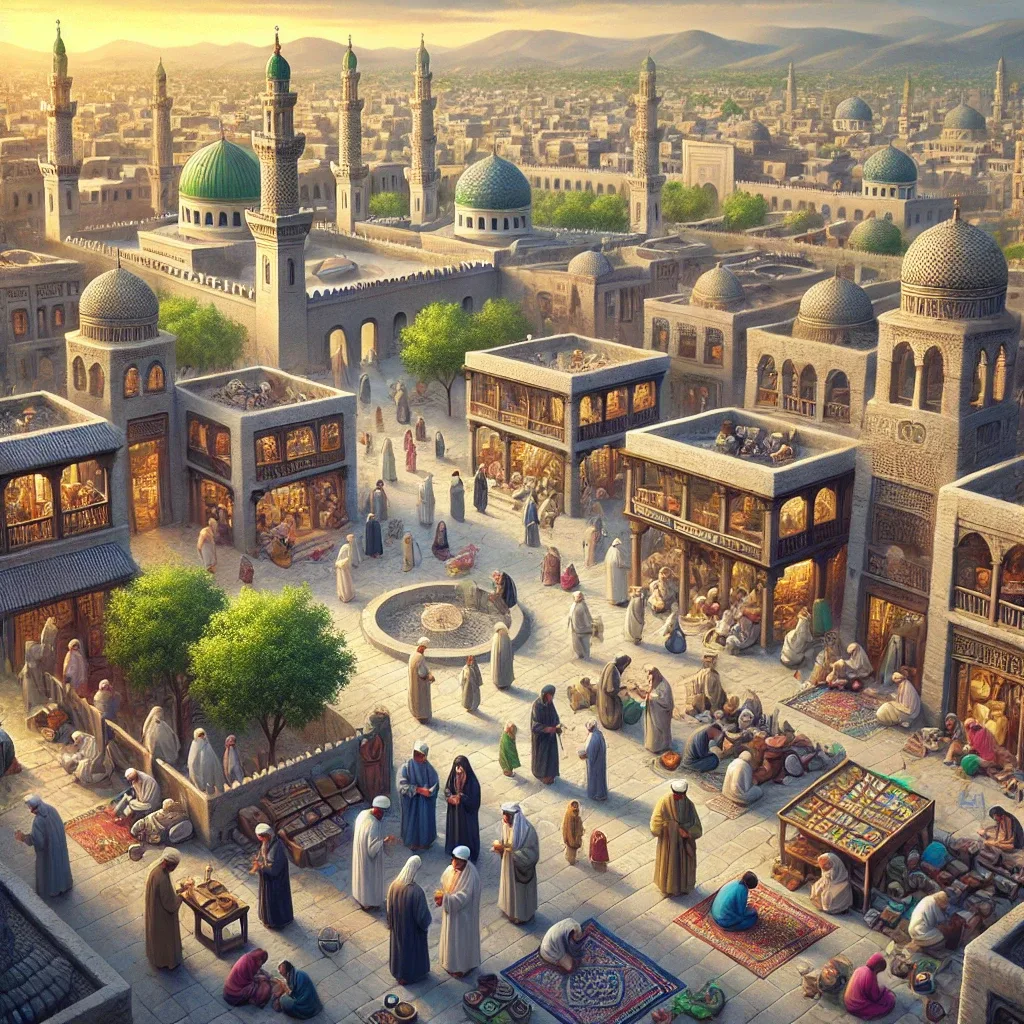
In contrast, the Caliphate is defined by Ibn Khaldun as a system grounded in religious principles. He says,
“The Imamate is about guiding the masses according to religious considerations—not according to desires and whims—in their worldly and afterlife interests, as worldly affairs lead to the afterlife. It is established as a succession to the Prophet (Peace be upon Him) in preserving religion and managing worldly affairs through it”.
This distinction is reflected in the practices of the Rightly Guided Caliphs (may ALLAH be pleased with them all), who consistently implemented the prescribed punishments. During their reign, there was hardly a time when cases requiring the application of these punishments did not arise. This was in line with the consensus of the Muslims, with no disagreement among them regarding their necessity.
Prescribed Punishments in the Islamic System: Adultery and Alcohol Consumption & Immoral Behavior
Abu Bakr (may ALLAH be pleased with him) once received a man who confessed to committing adultery. Following the guidance of the noble verse, he exiled him and administered the prescribed punishment of one hundred lashes. As for the slave girl, who had been forced into the act, he acquitted her and did not impose any punishment on her.
During Umar’s reign (may ALLAH be pleased with him), similar incidents of adultery arose, and he applied the prescribed punishments. The punishment for adultery for an unmarried person was one hundred lashes followed by a year of exile, while the punishment for a married person was stoning.
Ali (may ALLAH be pleased with him) provided further clarification on how stoning should be carried out. When a woman named Shuraha confessed to adultery, Ali explained that if the confession was voluntary, the Imam would begin the stoning, followed by the people arranged in rows, similar to how they pray. The first row would begin, then the second, and so on. However, if the adultery was proven by four witnesses, it was these witnesses who would start the stoning.
It is essential that the crime be fully verified before any punishment was carried out; mere suspicion was not enough, as prescribed punishments are avoided in cases of doubt. The Caliphs also implemented punishments for alcohol consumption. During Umar’s time (may ALLAH be pleased with him), a man, new to Islam and unaware that alcohol was forbidden, opened a tavern. The tavern was raided, and those who were found drinking alcohol received the prescribed punishment.
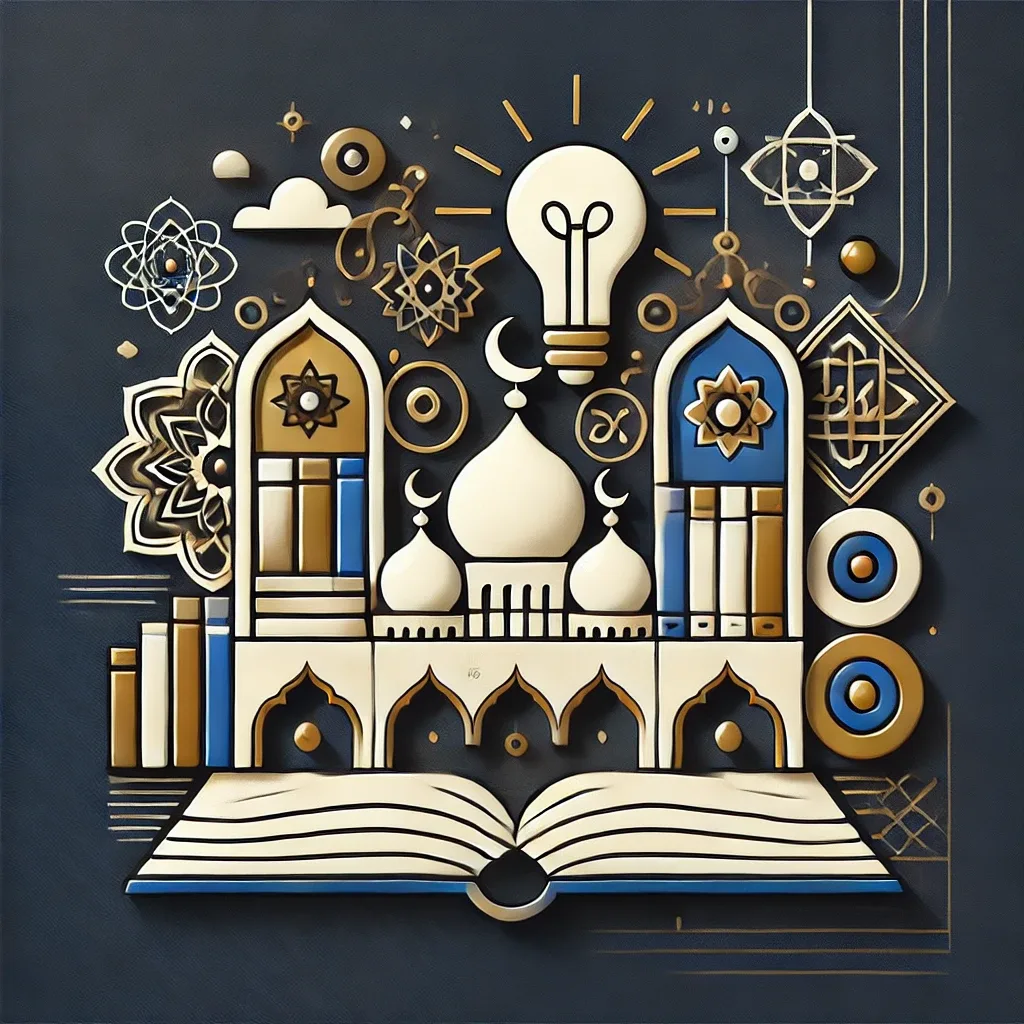
Similarly, when Ali (may ALLAH be pleased with him) saw the poet Al-Harith Al-Najashi drinking alcohol during Ramadan, he imposed eighty lashes on him and then imprisoned him. The following day, Ali ordered an additional twenty lashes, saying: “This is for your defiance of ALLAH by breaking your fast during Ramadan“.
Umar (may ALLAH be pleased with him) also took decisive action against a man named Nasr ibn Al-Hajjaj, who exhibited effeminate behavior and engaged in flirtation with women. In response, Umar administered a severe punishment: he had Nasr’s head shaved and exiled him from Medinah.
Umar ibn Al-Khattab’s Stance on Media and the Protection of Honor
Furthermore, Umar (may ALLAH be pleased with him) took a firm stance against any form of media or public discourse that violated people’s honor. This is an issue that still affects many countries today, where platforms are often used to sensationalize crimes, particularly sexual offenses, in provocative and degrading ways.
Umar (may ALLAH be pleased with him) also imprisoned Al-Hutay’ah, a well-known poet famous for his satire and mockery of everyone, including his own family. His poetry often ridiculed his father, mother, wife, and even himself. One day, he ventured out and recited a verse:
“My lips refuse today except to speak… evil, though I know not at whom I speak”
Upon looking into a well and seeing his own reflection, he then remarked:
“I see a face – may ALLAH make ugly its creation… Ugly is the face and ugly is its bearer”
In response to his harmful words, Umar imprisoned him. While in prison, Al-Hutay’ah pleaded with Umar, saying:
“What say you to chicks in Marakh… Featherless, with no water nor trees
You’ve thrown their provider into darkness deep… Forgive, upon you be ALLAH’s peace, O Umar“
Umar only agreed to release him after Al-Hutay’ah pledged not to tarnish the honor of any Muslim or mock them with his satire. Umar also gave him money, effectively purchasing the protection of Muslims’ honor from his tongue.
The Rightly Guided Caliphs – Abu Bakr, Umar, Uthman, and Ali (may ALLAH be pleased with them all) – set moral boundaries even in areas that did not directly impact the authority or state itself. This is because, as previously mentioned, a system’s doctrine greatly influences its actions, laws, and governance. They implemented punishments for crimes such as adultery, alcohol consumption, immodesty, effeminate behavior, and the violation of people’s honor, reinforcing their commitment to maintaining the moral integrity of society.
The Impact of Colonialism on Social and Moral Values in the Islamic World
The Islamic state maintained its moral framework without much objection for a long time. However, things began to change with the arrival of colonialism in our lands. Virtuous societies, those that are governed by strong moral principles, are generally united and resilient. One of the methods used to weaken such societies was the deliberate cultivation of desires.
When the colonizers came, their aim was to impose their own system. During the first invasion of the Islamic heartland – the French campaign – the French focused on corrupting societal norms, particularly targeting women. At first, they brought out French women dressed immodestly, laughing and socializing openly with men.
During their occupation of Egypt, which met fierce resistance from the Egyptians, they specifically targeted young Egyptian women. These women were forced to adopt French customs and were used as instruments in spreading immorality, indecency, and dissolution within Egyptian society.
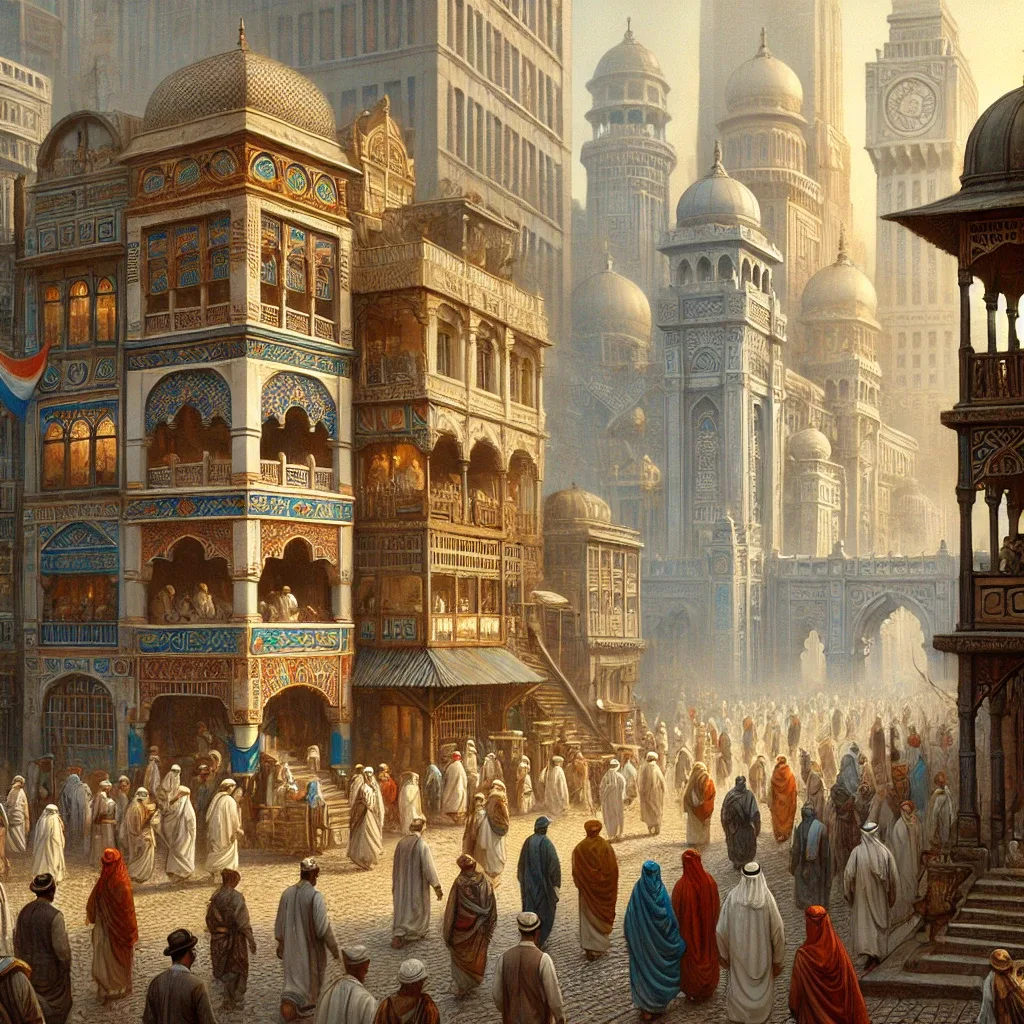
The colonizers exploited the weaknesses of certain individuals – particularly those with fragile minds – offering them money and privileges, especially women who collaborated with them. As with any society, some mentally vulnerable individuals succumbed to these influences and participated in the spread of foreign customs.
This period marked the beginning of efforts to impose new desires, unveil women, and promote a different pattern of social life. Later, during the British occupation of Egypt, the impact on social and moral values was profound, with numerous changes to the established customs and traditions.
Timothy Mitchell, the English-American historian, documents this transformation in his book “Colonising Egypt”. He notes that in just a decade, the number of bars, taverns, and gambling establishments in Egypt more than tripled. Muslims began to encounter new phenomena such as adultery, disease, alcohol and drug addiction, and a gradual abandonment of their natural way of life in favor of these corrupting influences.
The Colonizers’ Strategy: Creating a Desire-Driven Society
During that period, the British began printing and distributing stories that were morally corrupting. One of their key strategies was to open up societies to influences that did not adhere to strong moral standards and to create a class of people controlled by their desires. These were deliberate objectives that the colonizers understood well and worked tirelessly to implement.
Samuel Zwemer, a prominent missionary leader, made a notable statement at a missionary conference in Jerusalem. At that time, the missionary movement was widespread in the Islamic world and was supported by the occupying powers. He said: “The mission of evangelization that Christian nations assigned you to carry out in Muhammadan lands is not to convert Muslims to Christianity, for this would be guidance and honor for them. Your mission is to remove the Muslim from Islam, to make him a creature with no connection to ALLAH, and consequently no connection to morals, in line with what colonialism desires for him”.
Zwemer continued: “He will no longer care about important matters, and will love comfort and laziness. His desires will guide him, and he will seek them by any means necessary until desires become the sole focus of his life. If he learns, it will be for his desires; if he accumulates wealth, it will be for his desires; if he attains high positions, it will be for the sake of desires. He will give everything to pursue them”.

When desires take hold of a person, especially a Muslim, learning becomes a tool to fulfill those desires. Money is earned and spent in pursuit of those desires. Through this approach, the colonizers found a way to penetrate and control societies, by focusing on individuals overtaken by their desires. Since the secular system inherently lacks a moral calling, even their philosophers began to develop ethical schools that were indifferent to morals as they should be.
The Moral Degradation in Secular Philosophy and its Impact on Ethics
Scientists have established classifications for different fields of study, dividing sciences into normative and positive categories. Normative sciences explore what should be, while positive sciences examine what exists. For example, a physicist studies the natural world as it is, without concerning themselves with how physics ought to be. In contrast, an ethicist focuses on what ought to be, seeking to understand how people can align with virtues like truthfulness, trustworthiness, and chastity.
In the secular system, Western thinkers developed an ethical school that redefined ethics as a study of what exists rather than what should be. Instead of asking, “How can people become more truthful?” or “How can they live with greater integrity?”, they focused on understanding what drives people to be truthful or to lie—much like studying animal behavior or natural phenomena.
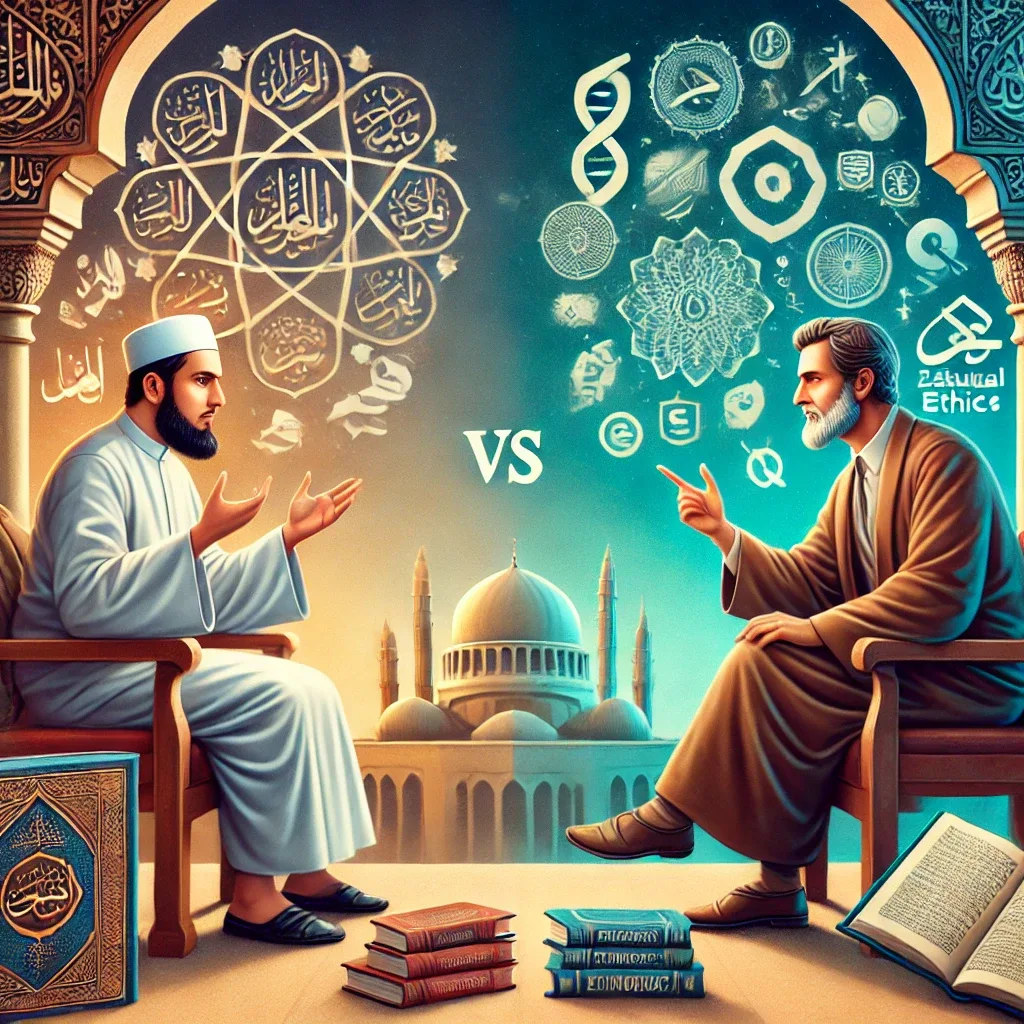
This shift is reflected in the views of the nihilist philosopher Albert Camus, who stated: “If God doesn’t exist and man is mortal then everything is permitted“. In any ideological system that denies the existence of God, the afterlife, and personal accountability, ethics naturally deteriorates into amorality.
In the West, some philosophical schools have even gone so far as to reject concepts like mercy and compassion, with proponents arguing: “Where lies your greatest danger? In mercy and compassion”. These philosophies advocate for eliminating the weak, the poor, and those who are considered “deformed”, seeing them as burdens to society—non-productive members who impose unnecessary costs.
Conclusion
Reality is ultimately captured by the English novelist Marmaduke Pickthall, who states:
“Muslims can return to world leadership again, provided they return to the morals they had when they first performed this role, for this empty world cannot stand against them“
I ask ALLAH, the Blessed and Exalted, to improve our morals, to teach us what benefits us, to benefit us with what HE teaches us, and to increase us in knowledge.
Sources:
- Mohamed Elhamy. محمد إلهامي | عصر الخلافة الراشدة | 5. السلطة الإسلامية وأخلاق المجتمع. YouTube Video.

